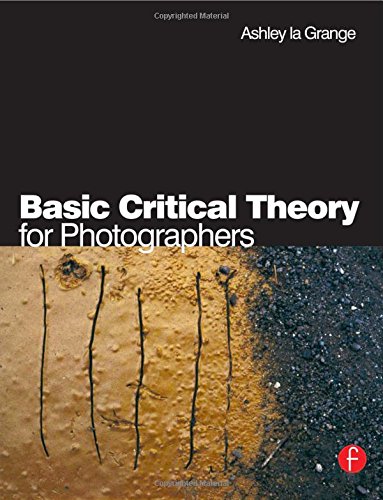"My guiding principle is to work hard and live within my means. My father died when I was seven and my mother’s inheritance was embezzled, so she had to work on night duty as a nurse to look after my brother and me. We never felt deprived, but we acquired a sound work and spending ethic."
Ashley la Grange was born in 1953 and grew up in Zimbabwe. He graduated with a degree in PE and philosophy and ran a swimming school to pay his way through a teaching diploma and a BFA and MFA in South Africa. Through the summer he'd work seven days a week to pay off the previous year’s fees. Ashley la Grange juggled two jobs for most of his life.
Ashley la Grange was also one of many photographers that contributed towards the Culture and Resistance Conference which was hosted by the Botswana National Museum in July of 1982 in Gaborone, Botswana.
Ashley and his wife moved from South Africa to the UK in the late 1980s. Ashley then got a job as a swimming pool supervisor which allowed him to rent a council flat. After a year, a part-time photography teacher post came up at a local secondary school. To accept the post meant losing the council flat, which he could not afford to do. Fortunately, the then head offered to let him hire the school pool. The first lot of payments for lessons covered the deposit for a £66,000 house in Hertfordshire and later he swapped two sets of swimming lessons for a Renault 5.
Ashley's part-time school job eventually became full time and the swimming school grew about 10-fold from about 60 pupils. At its peak he would work every weekday at the school and every evening at the pool. His wife, who manages the finances and timetabling, also believes in living prudently, so all essentials were covered before they spent on anything else and as they earned more, they saved more.
Ashley's two children had to share a bedroom through their childhood. Twenty years ago, before his kids were teenagers, they sold the house and bought a five-bedroom semi for £140,000. They extended the mortgage to buy a flat in London which his would daughter rent. Ashley's mortgage payments plus utilities and council tax cost £1,025 a month.
When Ashley started teaching at the school, the school had a standard array of textbooks, but not nearly enough visual material. Since then, he built up a teaching library of more than 8,000 books and periodicals, covering all aspects of photography, as well a substantial collection of artifacts. It has been valued at between £150,000 and £300,000.
Ashley's income dropped significantly when the school pool was no longer available for his swimming school and therefore relocated it, where he would teach for five evenings a week. He would spend about £150 per month on books just to keep the collection up to date.
The library had grown too big for the department, so it had become a bit of a millstone. It would be great if a philanthropist wanted to buy it to donate to an institution so that it could continue to live as an educational tool. Ashley couldn’t afford to be that philanthropist because, due to a misunderstanding, Ashley only started paying into a pension in his 40s, so he only had about 20 years of payments to fall back on when he would retire. The library could be lead on to his retirement fund.
Ashley would return to South Africa every year to visit his elderly mother which would cost about £1,500 each per trip and that would be his “holiday”. Otherwise Ashley and his wife would occasionally take a tent to music festivals.
Ashley had a Fiat 500 but would only use it two or three times a month. His chief form of transport would be his bicycle, even for grocery shopping, on which they spent about £300 a month.
Ashley would go around all year in rugby shorts. He would wear trousers and a shirt to school which he bought from sales, but he didn’t own a suit and his tie was his old school tie. He would run and would rather spend money on some decent running shoes.
Ashley la Grange's idea of an indulgence was to do the Marathon des Sables across the Sahara which costs £2,000-£3,000. He completed it once and thought it was hell, so he really wants to do it again and enjoy it.
Ashley also went on to publish a book titled, "Basic Critical Theory for Photographers."

In 2017, Ashley La Grange received The Award for Lifetime Achievement from Pearson National Teachings Award.
Ashley La Grange is Head of Photography at Rickmansworth School. He has been a consultant for both the QCA and AQA for photography syllabi. He has a particular interest in demystifying critical theory.